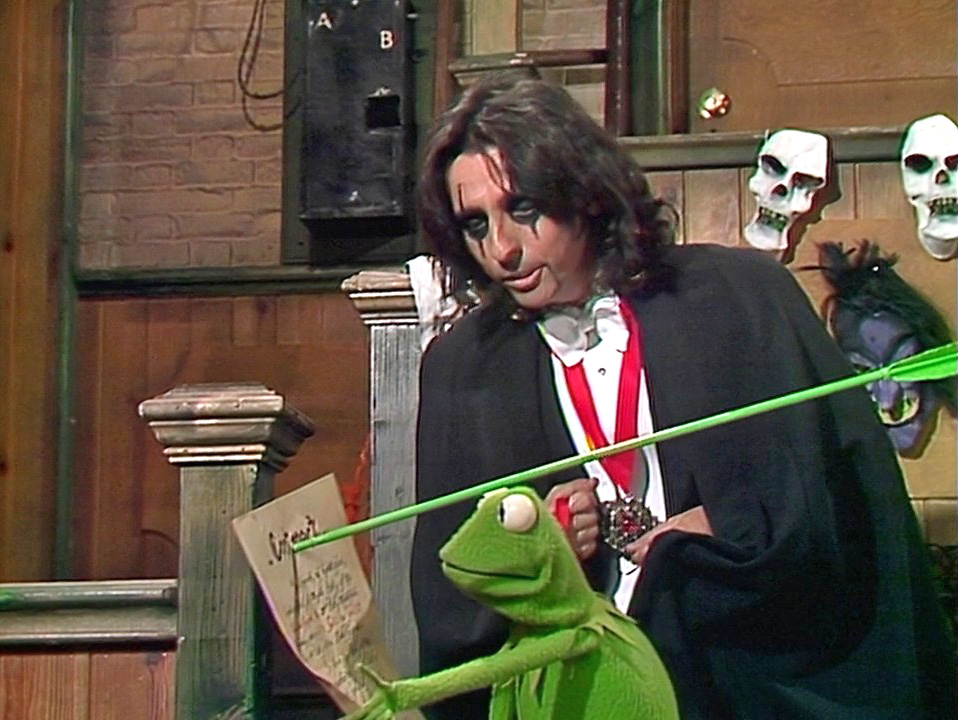“It isn't high on our radar, to be
honest.”
This is our Prime Minister's Christmas
message to Canada's First Nations.
That we have a Prime Minister who
favours the antagonist stance in politics is no revelation. A Prime
Minister so forthright in his antagonism toward our First Nations,
however, is something new.
In response to the ever-growing list of The
Disappeared, there are people closer to the horror expressing a
disinclination for a National Inquiry. They have their reasons, and
those are worth deep consideration. Our Prime Minister is not one of
those people, and he has been explicit in his reasoning. It is direct
and binary, and lamentably self-invested.
Addressing the murder of Tina Fontaine,
and the growing calls for an inquiry, our Prime Minister said, “I
think we should not address this as a sociological phenomenon, we
should view it as a crime.”
A Burkean conservative like our Prime
Minister espouses that a healthy society begins with a healthy
economy. Establish ready and accessible means of providing for kith
and kin, and social stability ensues. With an established economy,
what stability issues remain can be dealt with via strict enforcement
of the law.
Our Prime Minister and his government
have buttressed the nation's economy by various means, but have
placed a premium on resource extraction and export. Getting buckets
of money in exchange for this extraction and export is a “no
brainer” for our Prime Minister. Applying a few gray cells to the
matter, however, quickly reveals problematic elements to the proposal
on offer, as the President of the United States ably demonstrated the
other week.
Ask First Nations people why they won't
accept the various “no brainer” offers from the oil industry — our
Prime Minister's former, and likely future, employer — and you will
quickly get some practical “no brainer” responses in kind. The
current regime of extraction and export is already taking a mortal toll on their people. Buckets of money? Why not throw in a few blankets, while you're at it?
When it comes to negotiation, it has
become exceedingly clear our Prime Minister has an appetite for “My
way, or the highway” scenarios. So far as Canada's First Nations
are concerned, both options represent “the highway” — The
Highway of Tears.
Our Prime Minister is an occasional
church-goer. It is fair to assume he will spend some portion of this
day meditating on the birth of God's Son — a Palestinian Jew, born
in humiliating circumstances inflicted by occupying forces actively
antagonistic toward indigenous Jewish religious, cultural and social values.
National inquiry or no, perhaps a
revelation will take place during this quiet moment — an unexpected
Third Option?
It seems an unlikely scenario, but then
our religion places a great deal of stock in the Miraculous. And even
now, voices are raising the Prime Minister's name in prayer to the
Holy.
Even now.























